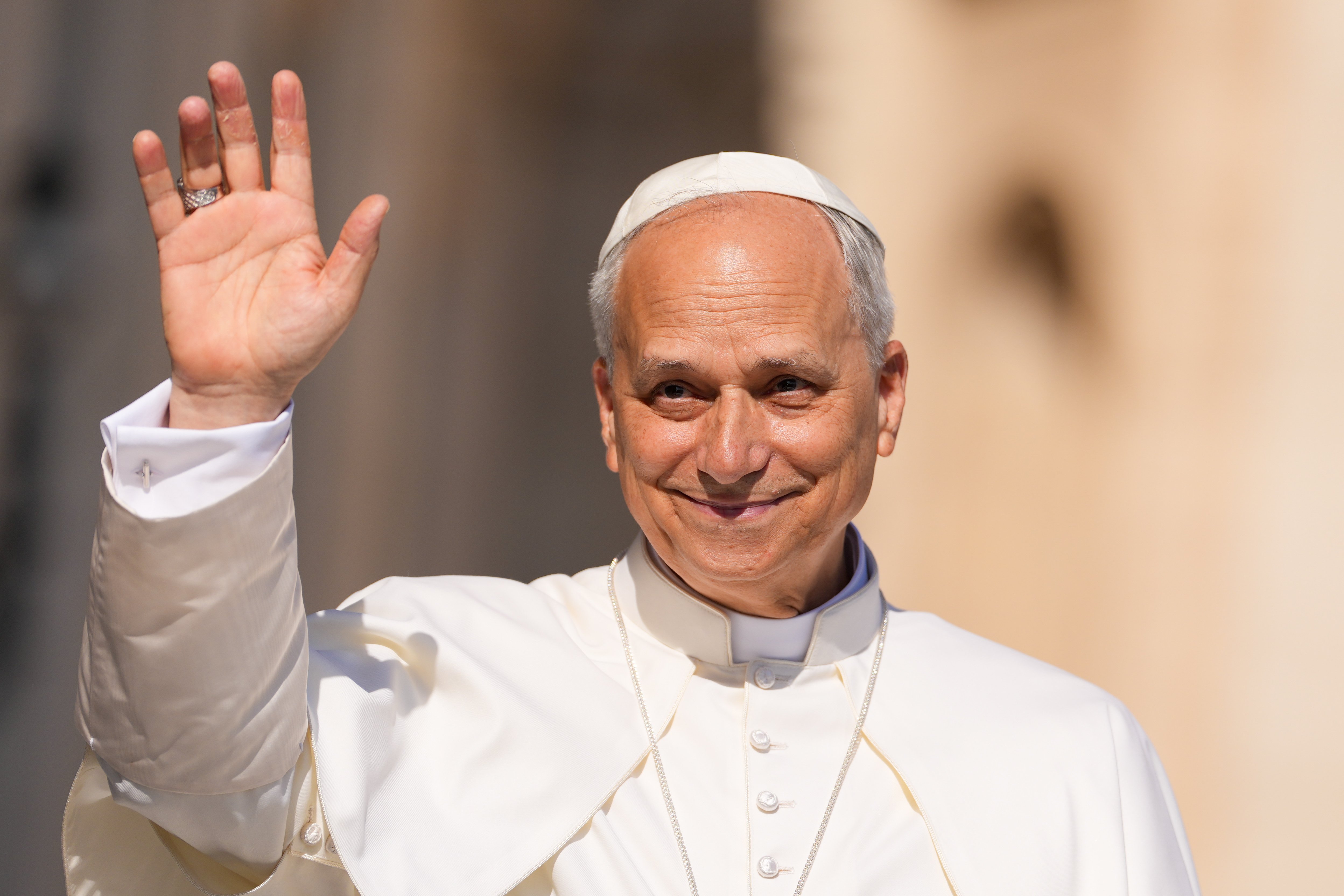April 6, 2018 at 1:53 p.m.
WORD OF FAITH
Coming to a crossroad
Taught to regard Jesus' Twelve Apostles as the Church's first bishops and priests, few of us take the time or make the effort to find out how Luke, who features the Twelve more than any other evangelist, views them. It's especially important to explore Luke's intentions this week since our first reading for Sunday describes Matthias' Judas-replacing election.
Actually, we must begin our quest long before Matthias' election. We discover the meaning of the Twelve only by exploring the reason Luke chose to compose a two-volume Gospel (Luke/Acts) instead of employing the one-volume format which the other three evangelists favored.
Crossroads
Richard Dillon writes in the New Jerome Biblical Commentary that Luke was deeply concerned with "the continuity of salvation history through its central crossroads, the life of Jesus and the birth of the Church." In other words, Luke wanted to show how the Church for whom he was writing his Gospel was intimately connected to the ministry of the historical Jesus. That objective prompted him to continue his version of the Good News beyond Jesus' death and resurrection into the life of the early Christian community.
In Dillon's words, Luke, like many later denominational apologists, was addressing a "continuity crisis."
"He had to establish the historical nexus between Israel and Jesus on the one hand (the Gospel) and between Jesus and the Church on the other (Acts), and thus to demonstrate the full scope of the divine plan in which the Church of the present proves to be the proper destination of God's way with Israel."
Luke's thesis turns on the hinge of the Twelve. Representing the original Twelve Tribes of Israel (that's why no women are among them), they're with Jesus throughout His ministry and His journey to Jerusalem "from the baptism of John until the day He was taken up from us" and are made Twelve again after Judas' defection so that they'll be intact when the Holy Spirit arrives to bring forth the Church. The Twelve bridge the gap between Israel and' h) 0*0*0*°° ' Christianity. Matthias, as a member of the Twelve, is a symbolic necessity (Acts 1: 15-17, 20-26).
But the Twelve are required only until the Holy Spirit brings the Church into existence. By 9 a.m. on Pentecost Sunday, they've completed their mission. None of the Twelve is ever replaced after that day. They're no longer needed. The Holy Spirit's now in charge.
Though John shows the same concern for continuity in the Gospel (Jn 17:11-19), he doesn't use the Twelve. Instead, he stresses the risen Jesus "dwelling" in His disciples (a term which describes every follower of Jesus, not just those in leadership positions): "I do not ask you to take them out of the world, but to guard them from the evil one. They are not of the world, any more than I am in the world....As you have sent me into the world, so I have sent them into the world."
John's continuity revolves around the Christian being able to identify with Christ. When we, like Jesus, proclaim the Father's word, then we're one with Jesus. His ministry goes on through us.
God's love
The author of I John carries this continuity one step further (1 Jn 4:11-16). As we saw last week, he's convinced that only those disciples follow Jesus correctly who love like Jesus. Granted, no one has ever seen God, but "if we love one another, God dwells in us, and His love is brought to perfection in us."
Of course, following his usual theology, the writer believes this love/oneness happens only when we give ourselves completely over to the Holy Spirit. "The way we know we remain in Him and He in us is that He has given us of His Spirit."
Yet, such Spirit-conveyed oneness isn't just a pious thought to be reflected on during retreats. It's at the very heart of our faith. "God is love," the author reminds his community, "and whoever abides in love abides in God, and God abides in that person."
Accustomed to proving continuity between our Church and the historical Jesus by claiming that our leaders are successors of Jesus' Apostles, it's refreshing to see how Luke and John handled that question. But then again, since both believed that each of us is personally involved in that continuity, their solution's probably more disturbing than refreshing.
(05-08-97) [[In-content Ad]]
MORE NEWS STORIES
- Pope to Ukrainian Greek Catholics: ‘God will have the last word,’ ‘life will conquer death’
- ‘We are in this together’: Recent Supreme Court rulings support parents in their vocation
- Idaho Catholics unite in prayer for firefighters killed in sniper ambush
- Longtime head of Polish Catholic news agency resigns, as bishops seek tighter control
- ‘Revival Worship’ brings the fire of the National Eucharistic Congress into playlists
- US archbishops reflect on importance of fostering unity
- Slain Minnesota lawmaker, husband remembered for lives lived ‘with purpose, meaning’
- ANALYSIS: ‘Big Beautiful Bill’ trillion-dollar increases to US debt to hit poor hardest
- Archbishops must promote unity, seek new ways to share Gospel, pope says
- Experts: Catholic media witness to truth, Gospel and are at ‘kairos moment’ in church









Comments:
You must login to comment.